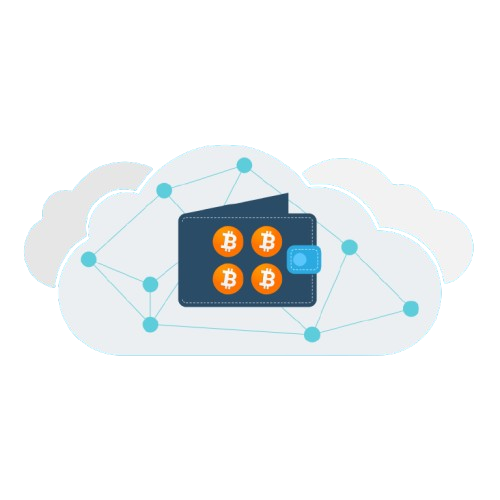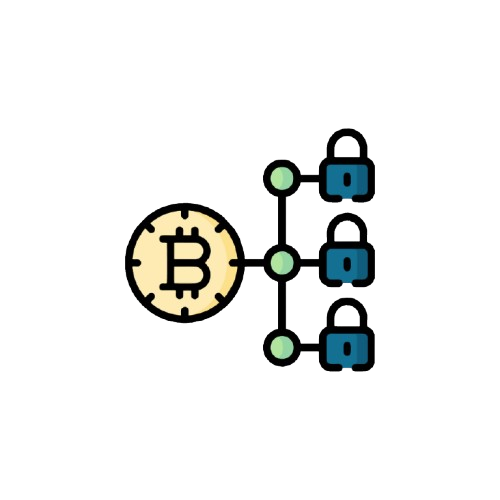
When people first hear about Bitcoin wallets, privacy often isn’t their top concern. But as digital transactions become more common, the question of how much privacy and security you actually have becomes more important. A Virtual Private Network (VPN) is one tool that many recommend for added protection. But do you truly need one for your Bitcoin wallet? Let’s break it down.
How Your IP Address Gives You Away
Your device uses an IP address that identifies your location whenever you connect to the internet. Every time you send or receive Bitcoin, your general location and internet provider can be linked to your transaction. Even though Bitcoin addresses are not directly tied to names, the IP data creates a trail that can be followed. If someone matches your IP address with your Bitcoin activity, you lose the privacy most people expect from cryptocurrency.
Why Bitcoin Isn’t as Private as You Think
Bitcoin is often misunderstood as being anonymous. In reality, it’s pseudonymous. Your address isn’t tied to your name, but all transactions are publicly visible on the blockchain. Once your identity is linked to just one address, it becomes possible to see all the other transactions connected to it. Without added protection, anyone—from advertisers to hackers—can build a pretty good picture of your financial habits.
The Risks of Using Public Wi-Fi

Many people check their Bitcoin wallets while traveling or sitting in a coffee shop. It seems harmless, but public Wi-Fi is a playground for hackers. Anyone on the same network could intercept your data if you’re not protected. That includes wallet logins, seed phrases, and transactions. Using a VPN encrypts your internet traffic, making it much harder for someone to spy on your activity in these vulnerable settings.
Government and ISP Surveillance Concerns
It’s not just hackers you have to worry about. Your internet service provider can track what websites you visit and when. Governments also can monitor online activity, especially if they work with your ISP. If you’re using your Bitcoin wallet without a VPN, your access patterns can be tracked and stored. This raises privacy concerns, especially in countries where digital asset ownership is under increased scrutiny.
Choosing Between VPNs and Other Privacy Tools
Some users prefer tools like Tor to protect their identity, while others stick with VPNs. Each has its strengths. VPNs usually offer faster speeds and easier access to websites and services, while Tor focuses on deep anonymity. However, using both at the same time can slow things down. For daily use, a reliable VPN offers a good balance between protection and convenience.
Free VPNs Might Cost You More Than You Think
The idea of using a free VPN is tempting, but many free options come with risks. Some collect your browsing data, show ads, or even sell your information. If you’re serious about protecting your Bitcoin wallet, using a free VPN could backfire. A trustworthy, paid service is more likely to protect your information without shady trade-offs.
The Psychology of Ignoring Privacy

Oddly enough, many people who care deeply about their Bitcoin investments don’t take the same care with their online privacy. It’s easy to assume you’re safe because you’ve never had a problem before. But privacy threats are often invisible until it’s too late. The truth is, just having a strong wallet or password isn’t enough if your connection is exposed. Using a VPN can help close that gap.
So, Do You Need a VPN?
If you’re using your Bitcoin wallet casually and only on secure networks, you might think you’re safe enough. But the reality is that risks can appear when you least expect them. Whether it’s a bad Wi-Fi connection, an ISP that tracks your data, or a website that leaks information, your privacy is never fully guaranteed without extra layers of protection. A VPN adds that protection without much hassle. Using a VPN with your Bitcoin wallet isn’t just about being secretive—it’s about being safe.
Final Thoughts
Bitcoin gives you control of your money in ways traditional systems never could. But with that control comes responsibility. A VPN won’t solve every security concern, but it strengthens your defenses and gives you peace of mind. When your financial privacy matters, even small steps can make a big difference. Using a VPN might seem like a technical choice, but it’s just a smart one.